“Hook and Schindler’s List were like my movie masterclasses”: Caroline Goodall on her latest film Bay of Silence and working with Spielberg
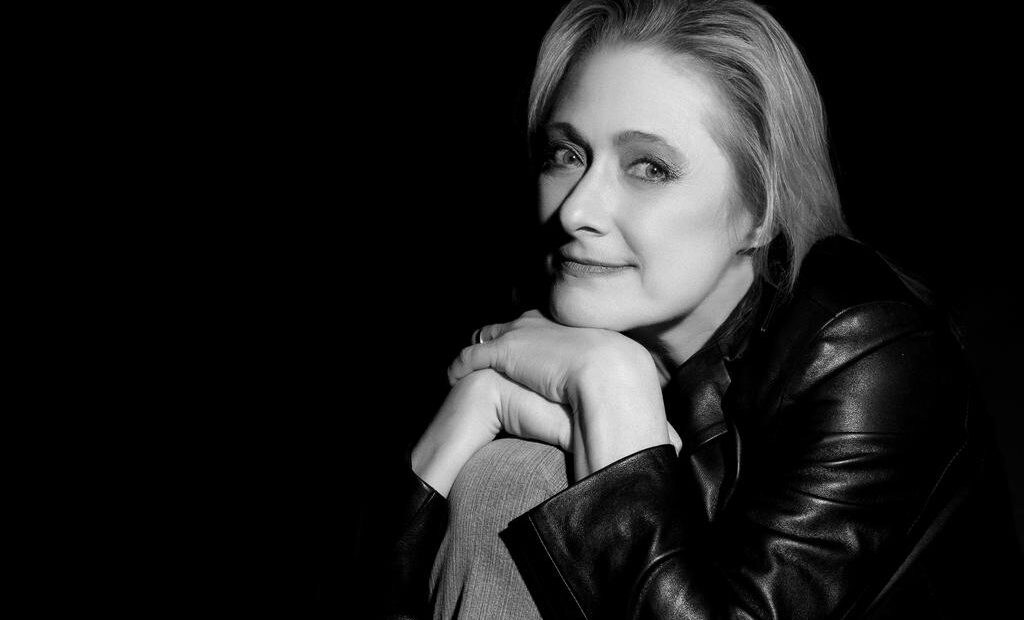
The Bay Of Silence is a dark mystery thriller starring Claes Bang and Olga Kurylenko as newlyweds Will and Rosalind. The young lovers embark on a fragmented journey that evokes hidden secrets, fragility and resurfacing trauma.
The film is adapted from the novel of the same name, written in 1986 by Lisa St Aubin de Teran, which itself gets its title from an inlet on Ligurian coast of Italy. British actress Caroline Goodall shifts her talents to the dual role of screenwriter and producer on this feature, working alongside Oscar-nominated Dutch directer Paula Van der Oest. We speak to Goodall about why she was drawn to this movie project, her favourite memories on set and how it all came together.
Caroline, thank you so much for speaking to us! The Bay Of Silence is your first screenplay feature that you also produced and star in. What drew you to this novel and why did you want to turn it into a film adaptation?
Well…first of all, I can say that I don’t really “star” in it, I only have three scenes with Claes Bang which of course I’m not going to say no to! I originally wrote that part for a man but Paula the director said, “I really think we need more women in it, so would you do it?”. So I did!
What drew me to the novel? Golly, I think it was three-fold. One: I really connected with the people and the three countries. My family are great travellers and my husband is Italian. The Bay Of Silence is in fact only about two hours from my home in Italy and after reading the book, it just really stayed with me. I also really love thrillers and film noir; the great thing with this genre is you can really delve into those deeper themes. The central dilemma also really hooked me – what would you actually do if the worst thing ever happened to you? What choice would you make? Our protagonist Will has got to make a choice that’s almost impossible and he’s got to live with it.
I also love films like Don’t Look Now and The Vanishing – that cross of the border when you go into another country and you can’t speak the language, and the things that keep you connected disappear. That’s what happens to our protagonist Will when he gets to France and he can’t communicate, so he then reacts in this visceral way. The relationship between the two characters is also hugely important too. How well do you need to know someone before you fall in love? If you take that leap of faith and don’t know them well enough what are the consequences? I think there are a lot of people who can relate to that too.
You have quite an international cast and crew. How did you all come together and had you worked with any of them previously?
I had previously worked with Brian Cox in 1985 at the Royal Shakespeare Company. We became family friends. He’s a producer in his own right and we’d swap scripts and chat. Then, when I said this is something I’m working on which I’d love to do if I had the guts, he said he’d be more than happy to help. He was as good as his word and he was like my secret weapon. He draws other actors in. So when I told Olga and Claes that Brian was going to play Milton it was obviously an extra draw.
The landscape is shifting with regards to diversity within the film industry, especially for women. Do you think this had a positive effect on you executing this project?
I would be churlish to say no! I did start putting it together in 2014/15 but I do think one moment really hit me in Berlin 2018 when I’d lost a director to another project – it happens but it was the first time my sales agent then said to me, “What about a woman director?”. I had been putting women’s names on this list of directors for years since I started packaging it and there was always, “Yes, nice, what have they done? Followed by the words… no value”. I had previously met the Oscar-nominated director Paula so I rang her and she was in between projects so she got back to me pretty quickly and said yes. She brought five of her dutch crew and we did post-production in Holland securing finance from the Netherlands film fund, so then I could tell the actors to stick it in their diaries. We needed the momentum as it’s especially scary when you’re the only engine driving it.
Given the weight of the narrative, which unravels themes of resurfacing sexual trauma and grief, were there any challenges that came with that?
Oh my God, yes! I think that was our major ongoing discussion. It was all about getting the tone right. Ultimately this is a character-driven story but it has that Hitchcockian, neo-noir, heightened reality feel too. Claes was really open about it, especially with one big scene where he was dreading it and said, “Nothing like this has ever happened to me, I don’t know where to find that, I’m so terrified I’m not going to be able to find it,” and I replied, “I know you will!”. Olga is so brilliant, the way she calibrates her journey and her art into madness to get that tone right, too. But then all those things need to come together, so it’s also down to Guido the cinematographer getting those angles when shooting and, of course, with Paula the director too.
Are there any particular scenes or moments that stood out for you on this film?
Ha! You want the anecdotes! [laughing] It’s like any movie: you never know what’s going to happen around the corner! We had some amazing times; a wonderful one for me was when I realised I was finally actually making this film. We all started filming in The Bay Of Silence in Italy, it was the height of the season, my poor long-suffering Italian co-producers had found somewhere for everyone to sleep, got the locations, got permission for us to film in that iconic world heritage site at a magic hour so it looked like they were alone. Obviously we weren’t. The beach was half packed but everyone was very good about it and went silent when we said “action!”.
It was Paula’s birthday on the second day of filming and there was this great guy called Nicolo who has this restaurant called Portobello right on the beach. He invited us all and we literally walked out of the water around 10.30pm at night for dinner and wine. It was such a glorious way to start it all. I felt so happy and humble that all these people had come together. That was definitely a highlight. There was also a typhoon the next day that flooded the whole hotel we were in. All our costumes were there too, so then we got a bit behind with the filming obviously! Yes… Loads of stories!
You’ve had huge success as a TV and film actor working with incredible directors like Ridley Scott, Barry Levison, Garry Marshall and Steven Spielberg, starring in two of his epic films, Hook and Schindler’s List. What did you take away from them that has been useful in terms of your own film feature?
Oh my god…everything. I always say Hook and Schindler’s List were like my movie masterclasses. Hook was my first proper film. The first hundred-million-dollar film. I’d just turn up every day regardless if I was called or not and just sit and watch. Steven was so generous and would let me sit behind the camera sometimes. I just love every aspect of movie-making. With Hook, I would hang out with the design department, with props and I would be reading Tinkerbell’s lines off when we were doing green screen with Robin Williams, who was maybe hanging off a wire. We were all filmmakers no matter which way we came in from, and that was a lesson in itself. It probably put me off producing and writing at this point though because working with geniuses of this level, with this huge budget, can make you feel just a little bit small. I had to overcome my own confidence barriers.
Do you prefer being in front of or behind the camera?
I think it honestly depends on the mood or timing. I never stop being in front of it, even when I am producing. In order to keep the home fires burning, I have to do my day job as an actor!
The pandemic has had a devastating effect on the arts. Has it disturbed anything you’re working on right now?
I am doing an Amazon film, Birds Of Paradise at the moment with Sarah Adina Smith, but now in Covid times it’’s been quite challenging. I’ve lost count of the number of times I’ve been tested. The protocols are really tough, we can’t wear PPE, we need to quarantine. The actors are particularly vulnerable. We are essentially uninsurable. I’m actually in Croatia right now. I am quarantining for a week before starting reshoots and pick-ups on a film called The Islander, which is a steampunk, apocalyptic, cool sci-fi project that started over a year ago. Because of Covid, things are going a bit slower; in a way it’s kind of nice, a bit like the old days!
I was talking to Claes Bang, my wonderful star, and he’s doing The Northman with Nicole Kidman and Alexander Skarsgård in Belfast and he’s saying all they can do is stay in lockdown and watch football and he can’t believe he has to do that for 16 weeks!
After producing, starring and writing are there any other strings you’d like to add to your bow within the film industry?
Maybe not, three is enough! Being a “slashy” is something we all are but actually, you know what, I would like to move into prose if I dare. That’s the next thing and it’s probably the best time now, when we can’t get together much anymore.
I’m also working on a screenplay at the moment which is… set in one place! Like everyone else is doing in the industry, which we could all shoot in one place. I think it’s just a challenge to know what the future holds – I just pray we get a vaccine!
Finally, what inspired you to become an actress in the first place?
You know what, I had a stutter growing up and like so many, when I performed it just went away completely. I had a strange stutter. It wasn’t on consonants, it was glottal stops and people would try and mimic me. We lived in London, my dad was a publisher, my mum was a journalist, and we were always going to the theatre and to ballets. I went to girls’ schools and I would get the boys parts which were, of course, the best. One day a woman from the BBC was looking for a young girl to be in a teatime series about a horse called The Moon Stallion and she asked if I wanted to audition. I had utter belief that I’d get the part.. and I did! I lied though and said I could ride side-saddle, so my resourceful mother found an association that taught it at Richmond park, and off I went all summer! So when I went to University I had my equity card already, which in those days was really important. I thought it was obviously meant to be!
Thank you so much for speaking to me.
It was a pleasure!
Ezelle Alblas
The Bay of Silence is released digitally on demand on 28th September 2020.
Watch the trailer for The Bay of Silence here:

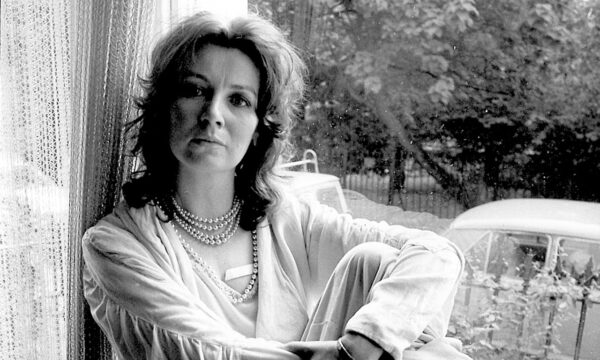
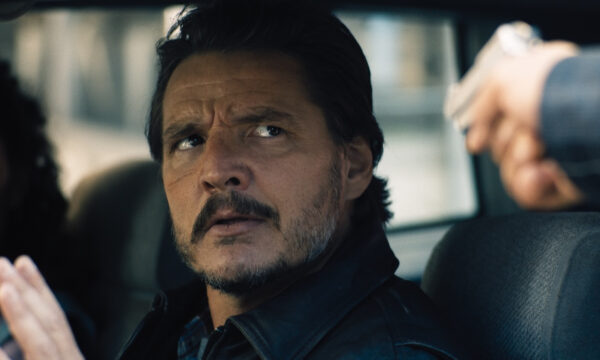
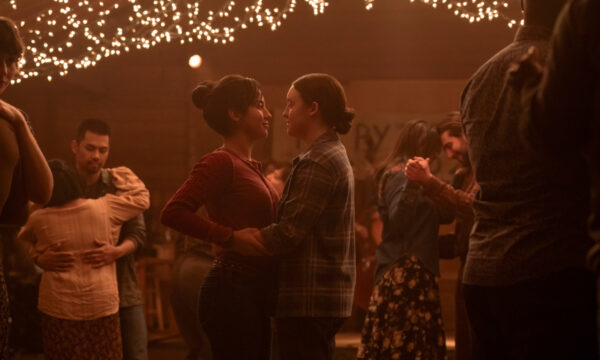
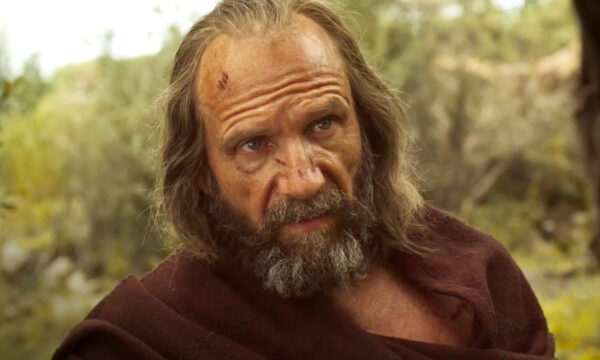
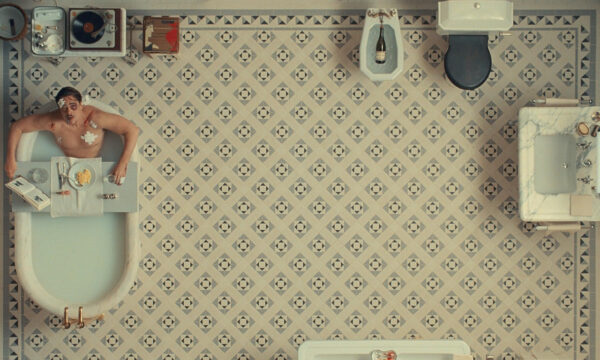
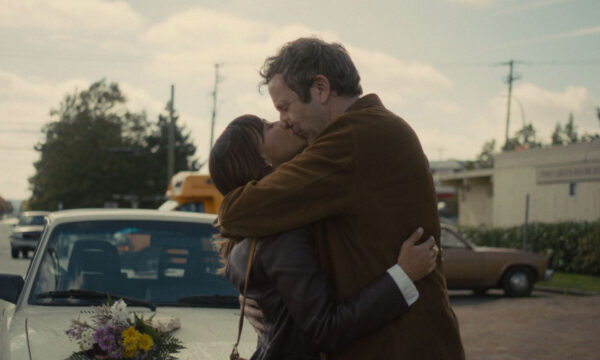
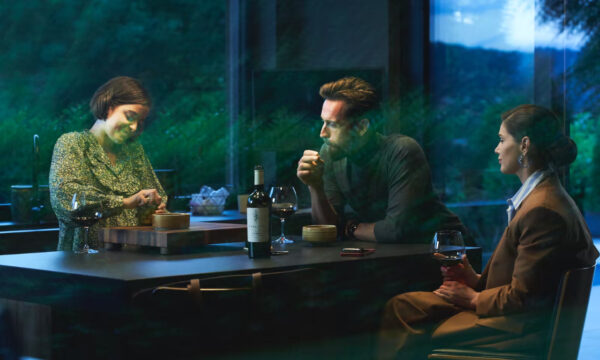
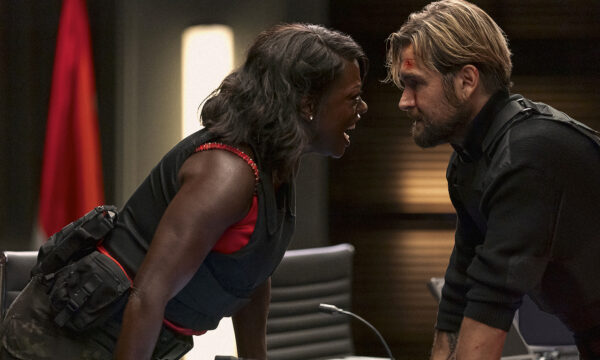
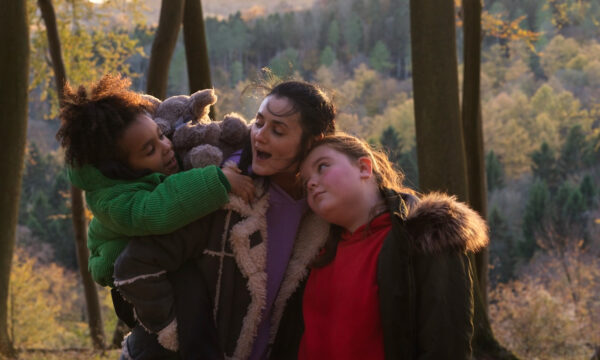














Facebook
Twitter
Instagram
YouTube
RSS